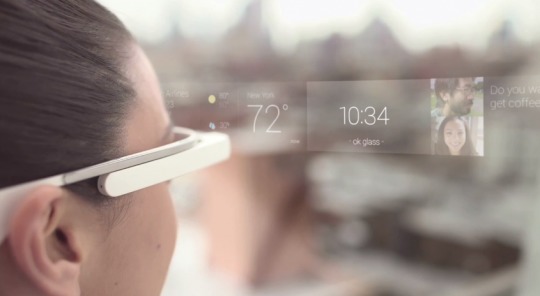
If you’re the proud owner of a set of Google Glass wearable technology, or are considering spending the $1,500 to get yourself a pair, the new frequently asked questions site should help you out. Google’s wearable glasses are a novelty item that many want to get their hands-on, but how well do they actually work, what do they do, security concerns and more are all addressed.
Many potential customers are probably wondering what exactly Glass does, and can do, so this is Google’s way of alleviated some of those questions. A large part is about privacy and security, as well as apps, and then Google goes on to mention just all that their product can do.
Broke down into four sections Google basically mentions what exactly Glass is, what it can do, and when it will be available. Then they discuss plenty about the lockscreen, how it’s used, and that people with prescription glasses can use Glass with ease. Pretty interesting and detailed page we have here.

The third section, as we mentioned above, tackles the privacy aspect of things. Well, as much as they can at the moment at least. With a section about sharing information, whether public or private, taking pictures, and what do do should your Glass get stolen. Then finally the last section breaks down software and 3rd party apps for Glass. For a look at the latest software featuring web browsing and better voice controls, see our XE7 update hands-on.
Overall it doesn’t really answer any of the truly important questions. One like how will they really tackle the privacy concerns in public, at airports, and such. Then we want to know when it will be available. All they say is next year, which isn’t new. Finally, we’re wondering what sort of pricing they’ll have planned out, but of course, it’s way too early for that.
Give it a look and learn some new info about Glass.
SOURCE: Glass FAQ










Since their FAQ states: “Glass is not designed to be an immersive or distracting experience, and it’s certainly not augmented reality” then Google is really in the position to be front-runned to market by another company, especially if it has a device without camera and mic (which would instantly eliminate any privacy problems). No one’s too big to fail…